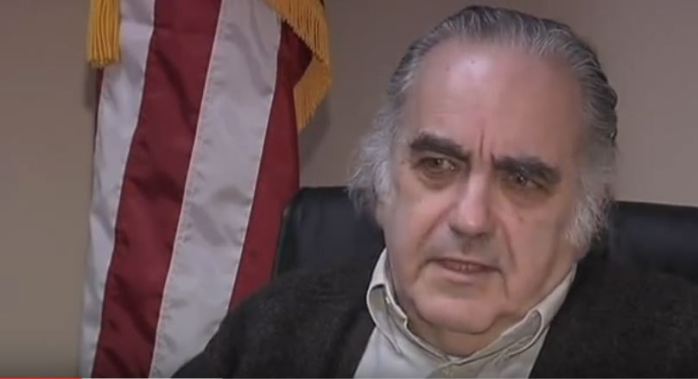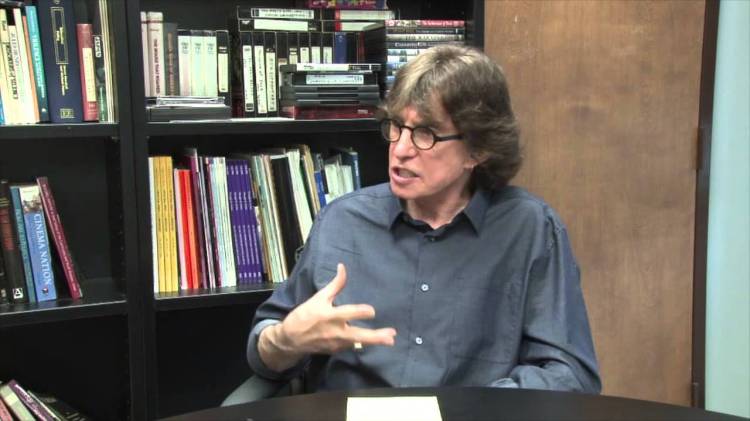Antonio Gramsci
Henry Giroux : « Le fascisme est une étreinte de l’antipolitique profond »
Henry Giroux. DR.
English version here:https://mohsenabdelmoumen.wordpress.com/2015/08/29/henry-giroux-the-fascism-is-an-embrace-of-the-profoundly-anti-political/
por traducir, haga clic derecho sobre el texto
per tradurre, cliccate a destra sul testo
щелкните правой кнопкой мыши на тексте, чтобы перевести
Για να μεταφράσετε, κάντε δεξί κλικ στο κείμενο
Mohsen Abdelmoumen : La notion de « jetabilité » revient souvent dans vos écrits, que ce soit en parlant de la jeunesse, de la politique, de l’avenir, etc. Pourquoi insistez-vous sur ce thème ?
Henry Giroux : Le capitalisme mondial a adopté une série de caractéristiques qui exigent un nouveau langage afin de comprendre de tels changements ainsi que les effets dans les registres économiques, politiques et pédagogiques qui visent à des degrés divers ceux qui supportent le poids de ses forces oppressives. Non seulement nous avons vu une séparation entre le pouvoir, qui est mondial, et la politique, qui est locale, mais nous avons vu une attaque à part entière sur l’État social, l’avènement de l’État punitif et l’émergence de ce qui pourrait être appelé une culture autoritaire de la cruauté. Dans de telles circonstances, j’ai essayé de saisir la sauvagerie actuelle des différents régimes du capitalisme néolibéral en développant un paradigme axé sur l’intensification de ce que je l’ai appelé la politique de la jetabilité. Lire la suite »
Michael Parenti: “Any democratic victory or awakening that happens – even small – is a step forward.”
Michael Parenti.DR.
Mohsen Abdelmoumen: After reading your powerful and very strong book about imperialism, “The Face of Imperialism”, we feel the need to read again Lenin’s « Imperialism the Highest Stage of Capitalism« , because your book brings added value. What do you think?
Michael Parenti: It is generous of you to claim that my work adds value to Lenin’s. I read his book forty years ago so I cannot claim to be drawing directly from it. But certainly we can say my book was doing some of the same things that his had done, for instance: trying to show the link between capitalism and colonial imperialism, revealing the key role played by cartels, and how the imposing contradictions of capitalism work themselves out in brutal imperatives. Lire la suite »








Vous devez être connecté pour poster un commentaire.